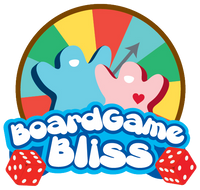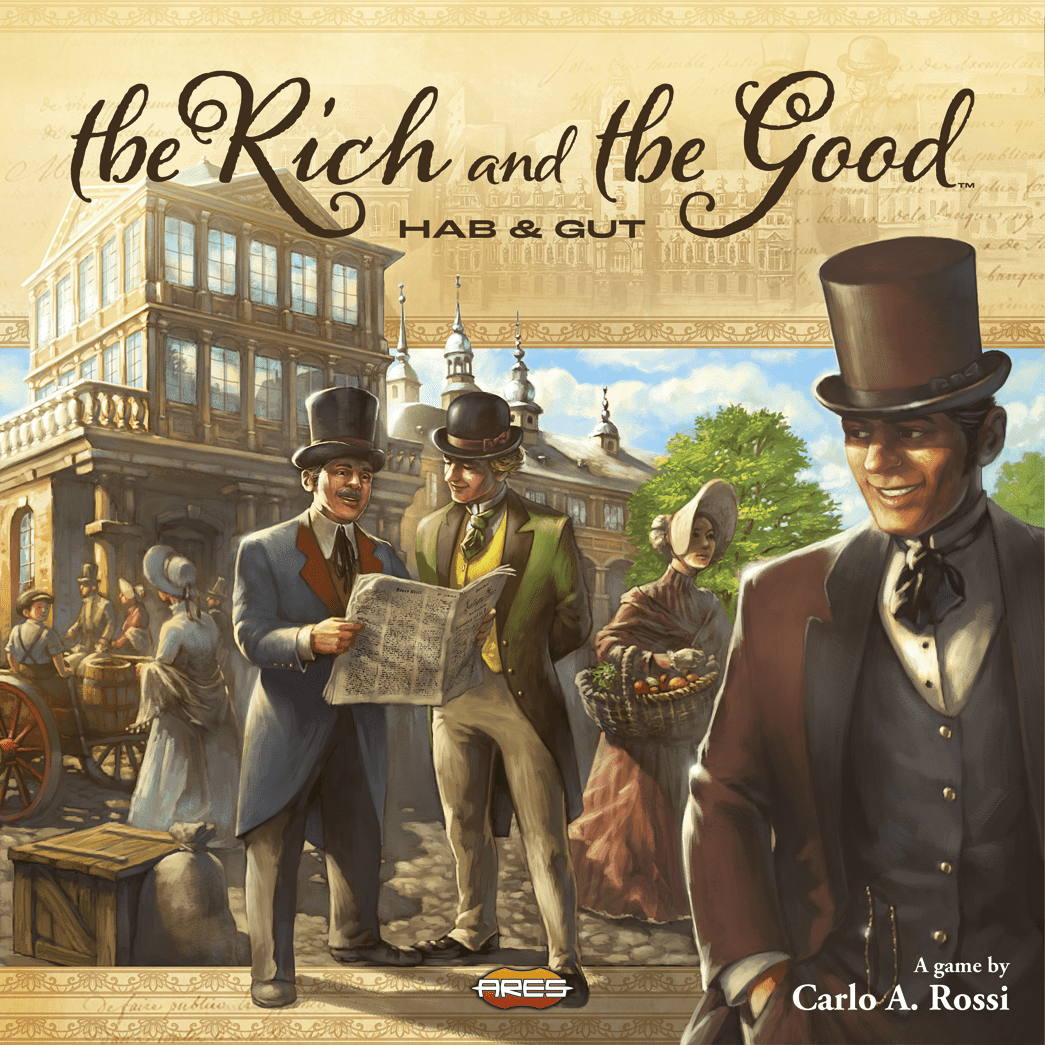The Rich and the Good
Products title that includes 'PRE-ORDER' is subject to our Pre-order Policy
Couldn't load pickup availability
Delivery and Shipping
Delivery and Shipping
For more details, please refer to our Shipping and Order Information.
Pre-Order Policy
- Pre-order items are charged at the time the order is placed.
- Prices for pre-order items are subject to change based on final landed costs.
- If the final price is lower, the difference will be refunded to the customer in the form of store credit.
- If the final price is higher, customers will be given the option to either:
- Pay the difference, or
- Cancel the item for a full refund.
- Orders containing pre-order items will be placed on hold until all items in the order are available.
- Once all items have arrived and pricing remains unchanged, the order will be automatically shipped.
- Pre-orders are fulfilled on a first-come, first-served basis.
- If a pre-ordered item becomes unavailable (e.g., the publisher cancels the product), a full refund will be issued.
- Pre-orders may be cancelled and refunded by customers or the store.
- For transactions that are no longer eligible for direct refunds due to payment processor limitations, a store credit will be issued instead.
Description
Description
| Designer |
Carlo A. Rossi |
| Publisher | Ares Games |
| Players | 3-5 |
| Playtime | 45 mins |
| Suggested Age | 10 and up |
Players are stock brokers during the second Industrial Revolution, trying to make as much money as possible while also coming across as good citizens by donating money to charity. During the course of the game, players purchase or sell shares of stock, and then manipulate the stock prices with the cards that they share with their two neighbors. Additionally, players donate stock to charities, which is sold off at the end of the round for the charitable donation. Whoever donates the least to charity by the end of the game automatically lose, no matter how wealthy he’s made himself.
The game uses a system of shared information where each player knows a little of what is about to happen in the markets, with each player knowing different pieces of information. The player who makes the most money at the end of the game is the winner, provided that he or she is not the person who donated the least to charity.


